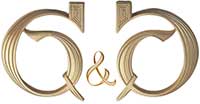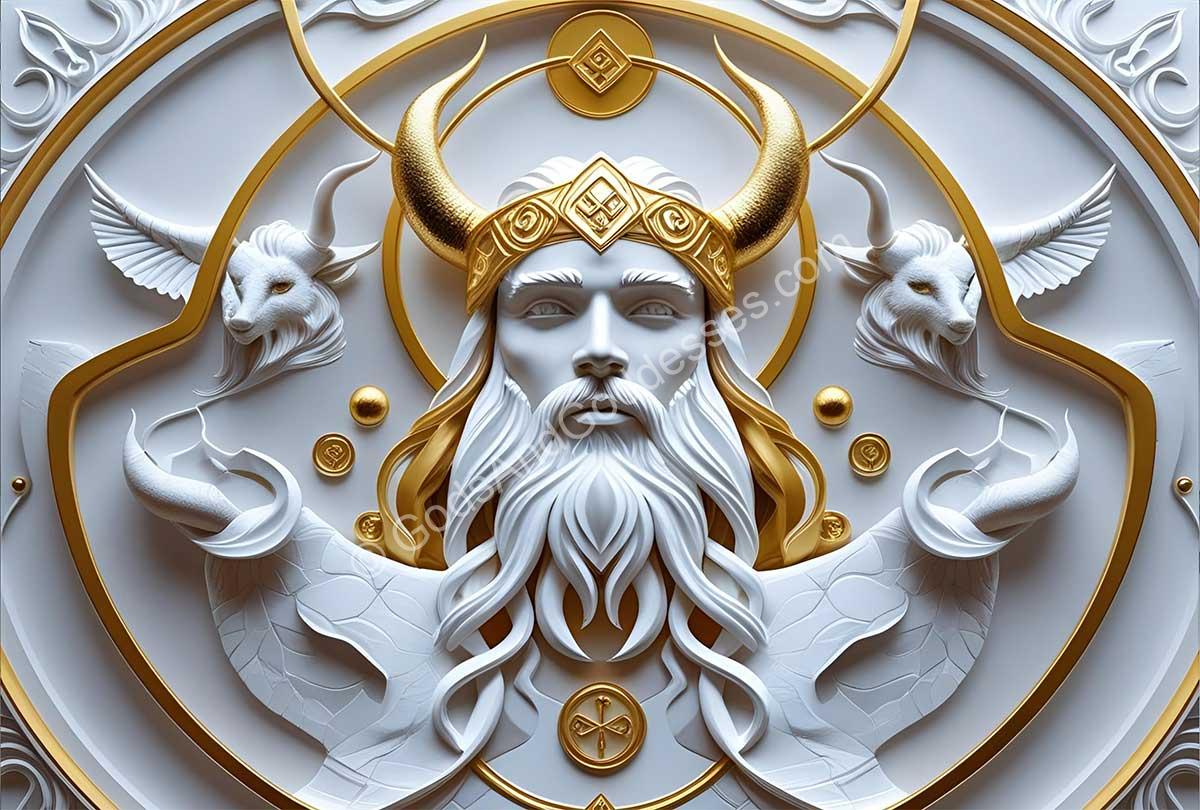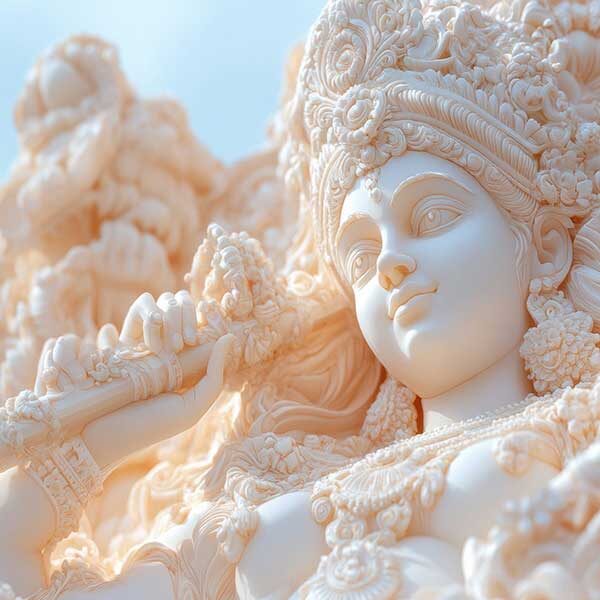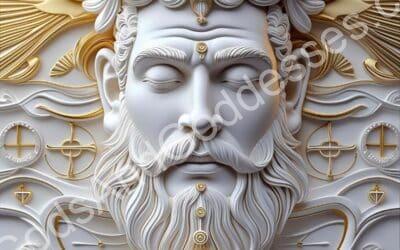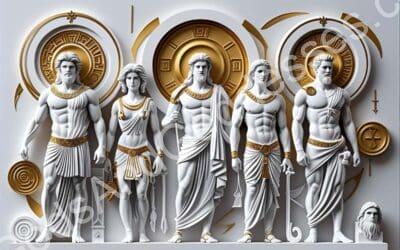Introduction: Why Norse God Names Still Matter
The Norse gods are some of the most legendary deities in world mythology. Their names, drawn from Old Norse language, carry meanings that reflect natural forces, heroic values, and divine roles. From Odin, the wise All-Father, to Thor, the thunder-bringer, and Freyja, the goddess of love and war, these names embody courage, wisdom, honor, and fate.
At GodsAndGoddesses.com we explore Gods, Goddesses, Mythological Symbols, and Mythological Themes to reveal how ancient names still shape imagination today.
“A name in Norse mythology was never just a word—it was a story, a symbol, and a destiny.”
Key Takeaways About Norse God Names
-
Norse god names reflect natural forces, fate, and cultural values.
-
Many are rooted in Old Norse words tied to power and cosmic order.
-
These names influenced Viking identity and storytelling.
-
Today, Norse god names inspire literature, films, and modern spirituality.
Why Norse God Names Are Important
The names of Norse gods carried cultural weight:
-
Identity and Power – A god’s name defined their role and influence.
-
Language and Symbolism – Old Norse words embedded deeper meanings.
-
Cultural Inspiration – Norse names still inspire modern stories, names, and popular culture.
See also: Norse Gods.
Major Norse God Names and Their Meanings
Odin (Óðinn)
-
Meaning: From óðr, meaning “fury, inspiration, or mind.”
-
Role: The All-Father, god of wisdom, war, and magic.
-
Symbolism: Wisdom through sacrifice, insight, and fate.
-
See also: Odin: Norse God of Wisdom, Magic, and War.
Thor (Þórr)
-
Meaning: From Þunraz, meaning “thunder.”
-
Role: God of thunder, strength, and protection.
-
Symbolism: Protector of Midgard, defender of gods and humans.
Tyr (Týr)
-
Meaning: From Proto-Germanic Tiwaz, meaning “god” or “sky god.”
-
Role: God of justice, law, and heroic sacrifice.
-
Symbolism: Bravery and honor; famous for losing his hand to Fenrir.
Freyr
-
Meaning: “Lord” in Old Norse.
-
Role: God of fertility, prosperity, and peace.
-
Symbolism: Associated with kingship, harvest, and abundance.
Freyja
-
Meaning: “Lady” in Old Norse.
-
Role: Goddess of love, war, and seidr (magic).
-
Symbolism: Passion, beauty, and sovereignty.
Njord (Njörðr)
-
Meaning: Possibly linked to nerthus, meaning “strength” or “vigor.”
-
Role: God of the sea, wind, wealth, and prosperity.
-
Symbolism: Safe voyages, abundance, and family prosperity.
-
See also: Njord: Norse God of the Sea, Wealth, and Prosperity.
Loki
-
Meaning: Possibly from luka, “close” or “end.”
-
Role: Trickster, shapeshifter, and instigator of Ragnarok.
-
Symbolism: Chaos, change, and cunning.
Other Notable Norse God Names
-
Heimdall – Guardian of the Bifrost bridge; name may mean “the bright world.”
-
Baldr – God of light, purity, and beauty; name linked to “bold” or “brave.”
-
Vidar – God of vengeance and silence; name means “forest warrior.”
-
Hodr – Blind god of darkness; name means “warrior” or “battle.”
Norse God Names in Modern Culture
-
Literature – From Wagner’s operas to Tolkien’s Middle-earth.
-
Comics & Film – Marvel’s Thor and Loki made these names global icons.
-
Modern Heathenry – Followers of Ásatrú still invoke Norse gods in rituals.
External resource: Britannica – Norse Religion.
Frequently Asked Questions
What is the most famous Norse god name?
Thor is one of the most recognized worldwide, especially due to his hammer, Mjölnir, and his role in modern media.
Are Norse god names still used today?
Yes. Many names, like Freya, Loki, and Thor, are still used for children, pets, and even brands.
What language are Norse god names from?
Most are derived from Old Norse, a North Germanic language spoken by the Vikings.
Conclusion
Norse god names carry echoes of a culture that valued courage, wisdom, and fate. From Odin’s wisdom to Thor’s thunder and Freyja’s passion, these names remind us of a pantheon where even gods faced destiny.
Explore more:
“To know a god’s name is to glimpse their power, story, and soul.”
- Odin God Story - August 24, 2025
- The Story of Ra: Egyptian Sun God and Creator - August 24, 2025
- Kraken: Mythological Sea Monster of the Deep - August 24, 2025
